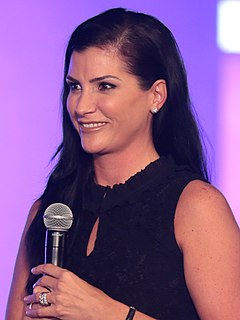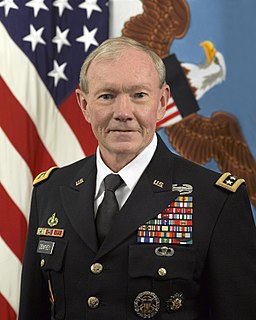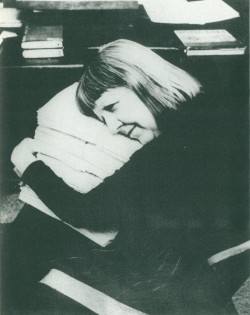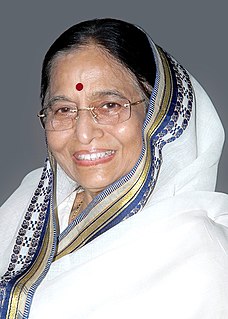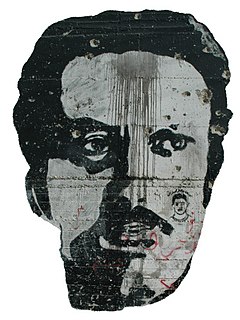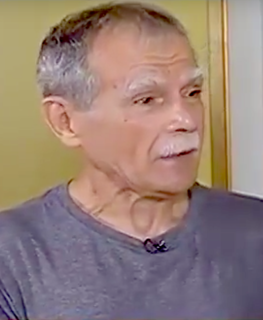A Quote by Phil Klay
Political novels are full of pitfalls, particularly for a novelist with strong political leanings.
Related Quotes
Novels are political not because writers carry party cards -- some do, I do not -- but because good fiction is about identifying with and understanding people who are not necessarily like us. By nature all good novels are political because identifying with the other is political. At the heart of the 'art of the novel' lies the human capacity to see the world through others' eyes. Compassion is the greatest strength of the novelist.
Many novelists say, "I'm not a political novelist" - myself included. That's a standard, even a default position. Whereas that divide between art and politics simply isn't possible in many countries. In Hungary, you couldn't be a fiction writer and then, when asked about politics, put your hands up in the air and say "But I'm not a political novelist." If you're a Chinese novelist, a novelist in a country where censorship is such an issue, how do you claim that politics has nothing to do with your writing? It's in your writing, it's shaping your words.
For me, what is political is very personal. Politics are not this abstract idea. Laws are the rules that dictate how we live our lives. What we eat is political. How we dress is political. Where we live is political. All of these things are influenced by political decision-making, and it's important to be part of the process.
From 1962 to 1965 the US was dedicated to try to prevent the independence of South Vietnam, the reason was of course that Kennedy and Johnson knew that if any political solution was permitted in the south, the National Liberation Front would effectively come to power, so strong was its political support in comparison with the political support of the so-called South Vietnamese government.
The overwhelming majority of Puerto Rico is completely, completely alienated from the political structure. Colonialism is really, really strong and alive in Puerto Rico. And the politicians have taken full advantage of that. We have a debt of $74 billion, caused primarily by the system and the political structure that exists in Puerto Rico.


